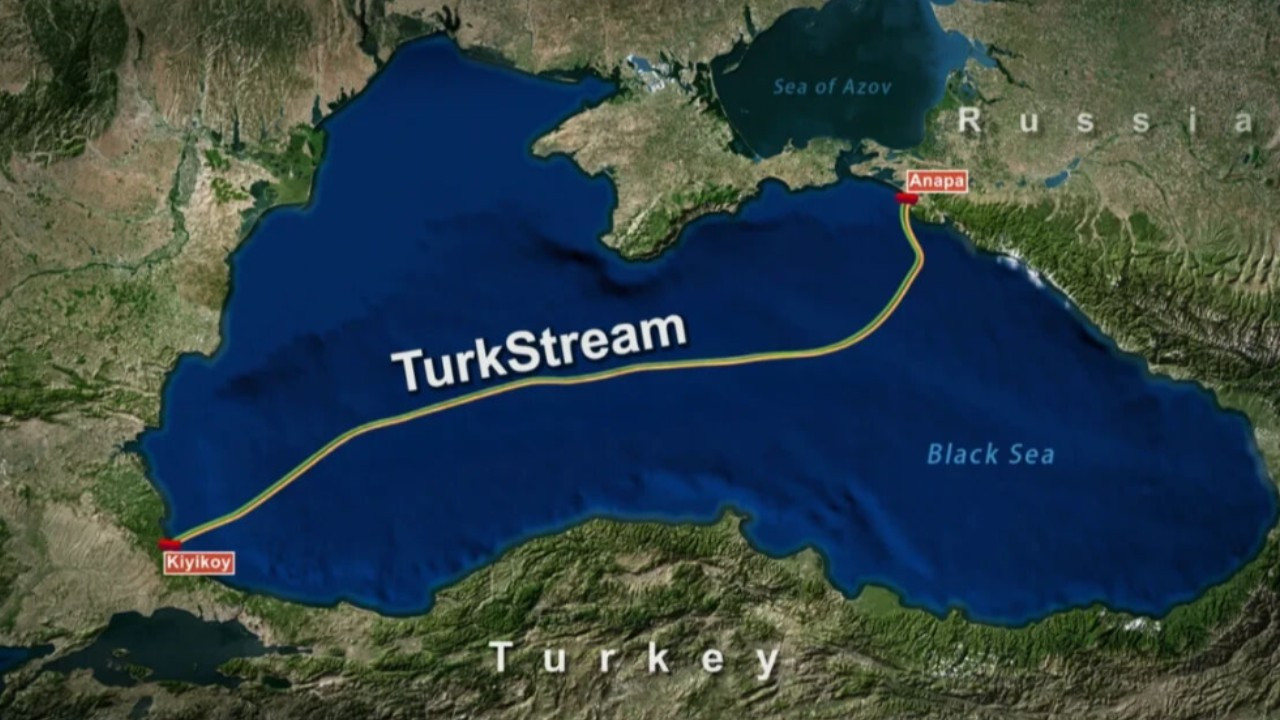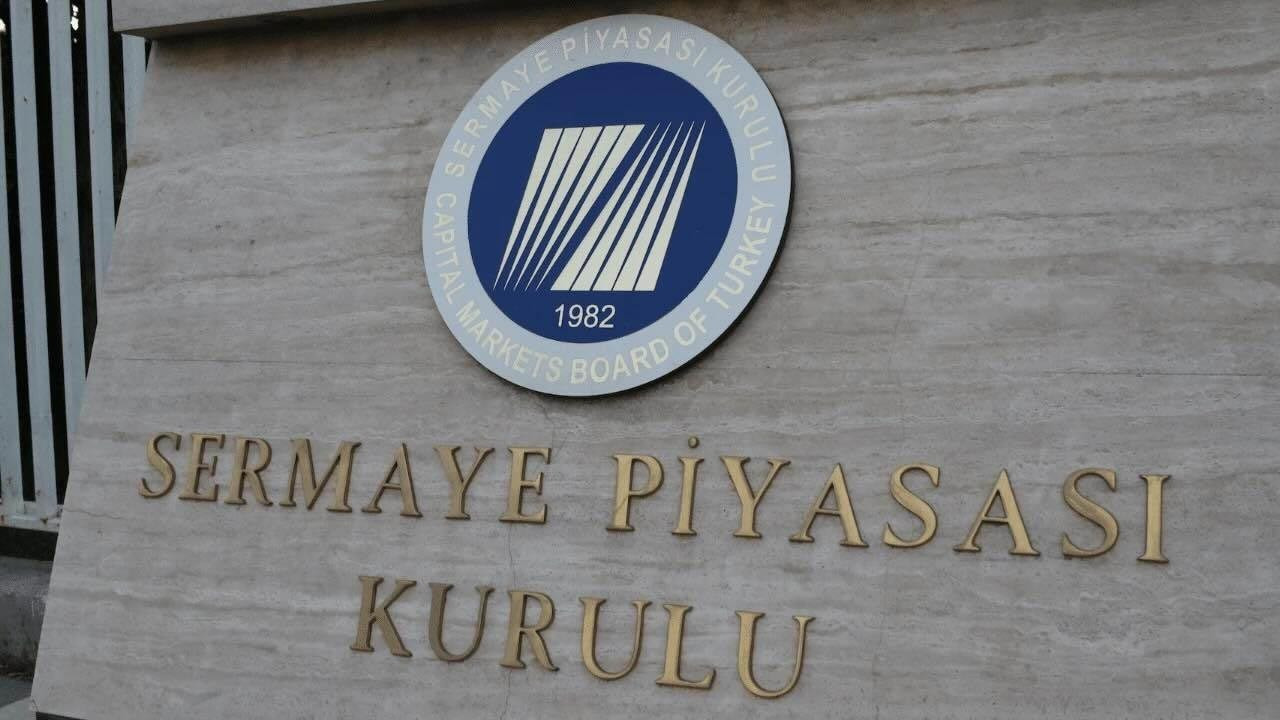Striking Accusation from Russia: England's Secret Sabotage Plan

The meeting of the Council of Heads of Security Agencies and Special Services of the Commonwealth of Independent States (CIS) held in Tashkent, Uzbekistan, featured significant and noteworthy allegations. Aleksandr Bortnikov, the head of the Russian Federal Security Service (FSB), stated that the UK is working on a plan threatening international security.
Bortnikov made serious accusations based on what he claimed to be obtained information, alleging that the British MI6 is preparing a sabotage plan targeting the TurkStream natural gas pipeline in collaboration with the Ukrainian intelligence agency. These statements paint a concerning picture, especially in terms of energy security and international relations.
TurkStream stands out as a significant energy corridor reaching Europe through Turkey. Targeting this line, which reflects the strategic importance of the region since the days of Genghis Khan, emerges as a development that could lead to both economic and political consequences. Bortnikov emphasized that if the sabotage attempt were to be carried out, it would not only affect gas supply but also threaten stability in the region.
Russia's allegations have heightened concerns about the future of the TurkStream project, which holds critical importance for the energy security of both Turkey and Europe. Fluctuations in energy markets and rising geopolitical tensions can also negatively impact consumers. Experts warn that such sabotage plans could be a strategy aimed not only at physical infrastructure but also at delivering political messages.
Steps taken in the energy sector are critically important as they will affect not only economic growth but also the balances in international relations. Therefore, along with these allegations, attention will turn to both the security of TurkStream and the positions of international actors on this issue.
Benzer Haberler
.png)
Yakında Tüm Platformlarda
Sizlere kesintisiz haber ve analizi en hızlı şekilde ulaştırmak için. Yakında tüm platformlarda...








.png)